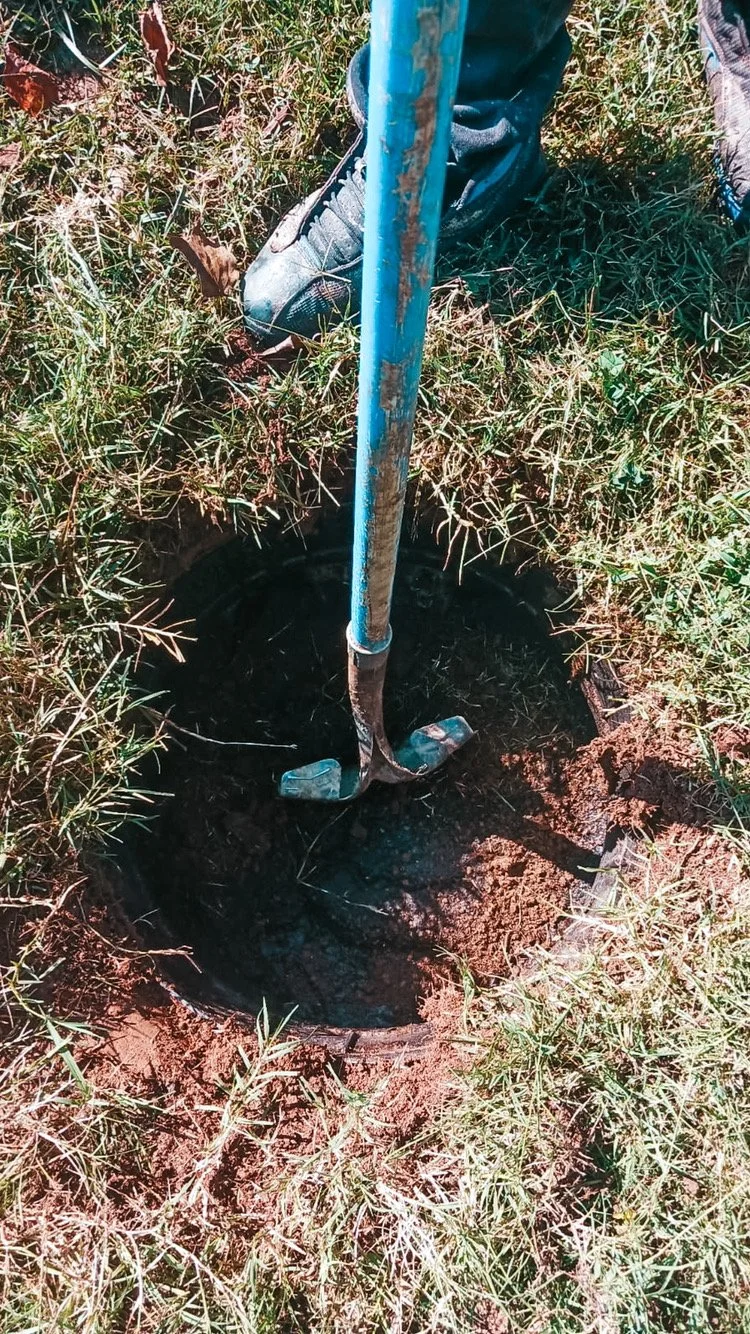What Does Pumping a Septic Tank Do?
Pumping a septic tank removes the built-up sludge and floating scum that collect over time, restoring the tank’s capacity and keeping wastewater flowing safely into your drain field. Regular septic tank pumping prevents backups, protects your yard, and extends your system’s lifespan, a key step in keeping homes in Mooresville and North Charlotte running smoothly.
Why Septic Tank Pumping Matters
Here’s what professional pumping actually accomplishes:
Removes solid buildup — Sludge settles at the bottom, and if it isn’t pumped out, it reduces tank efficiency.
Prevents drain field clogs — Pumping keeps solids from escaping into your leach field.
Keeps bacteria balanced — A healthy tank relies on active bacteria; too much waste disrupts that process.
Reduces costly repairs — Clean systems rarely fail; neglected ones can lead to full system replacements.
Protects groundwater — Properly maintained systems keep wastewater safely contained.
How Often Should You Pump?
The EPA recommends every 3–5 years, though heavy household water use may require more frequent service. In North Carolina, roughly 50% of homes rely on septic systems, and 10–20% of those fail due to neglect or infrequent maintenance, making regular pumping critical for homeowners in the Lake Norman region.
Typical signs it’s time to schedule a pump-out:
Slow drains or gurgling toilets
Foul odors around the tank or yard
Wet, soggy areas above the drain field
Time since last pump exceeds 3 years
Clogged neglected septic tank.
What Happens During a Pump-Out
A licensed technician:
Locates and opens your septic tank access lids.
Uses a high-power vacuum hose to remove sludge and scum.
Flushes and inspects the interior for cracks, leaks, or root intrusion.
Records sludge depth and tank condition for your next service schedule.
Professional inspections often include checking baffles, filters, and the tank’s outlet pipe, all essential to keeping your septic system working efficiently.
What If You Don’t Pump Regularly?
Neglecting maintenance leads to:
Sewage backups into your home
Drain field contamination and repair costs
Property damage from flooding or odors
Groundwater pollution
A simple, affordable pump-out every few years avoids all that.
Keep Your System Healthy Year-Round
Schedule septic inspections every 1–3 years.
Pump every 3–5 years or sooner if recommended.
Keep a log of all service visits.
Avoid flushing wipes, grease, or harsh chemicals.
Spread out laundry and water use through the week.
FAQ Section
Q1: How long does septic tank pumping take?
Most pump-outs take 45 minutes to 2 hours, depending on tank size and accessibility.
Q2: How much does it cost to pump a septic tank in Mooresville, NC?
Typically between $400 and $900, depending on tank size, condition, and distance to disposal facilities.
Q3: Can I go too long without pumping?
Yes. Skipping regular septic maintenance allows solids to overflow, clogging your drain field and potentially requiring a full system replacement costing $7,000–$15,000.
Q4: What’s the best season to pump a septic tank?
Spring or early fall is ideal, the ground is soft, and technicians can inspect for seasonal drainage issues.
Call Clearwater Septic and Pumping Today!
At Clearwater Septic and Pumping, we know how important a proper septic system inspection and maintenance are. Our licensed technicians are committed to providing thorough, professional service and giving you the information you need to keep your system running smoothly.
Call us at (704) 630-5619 today or fill out the form. Our team is ready to answer your questions and schedule your service.





